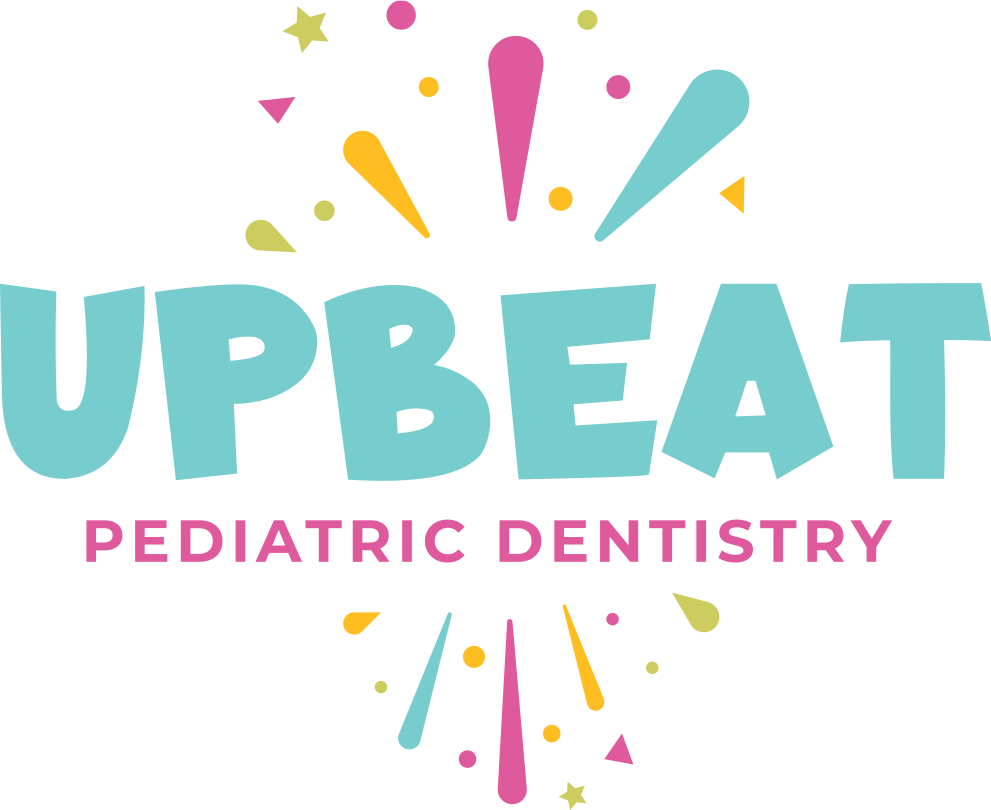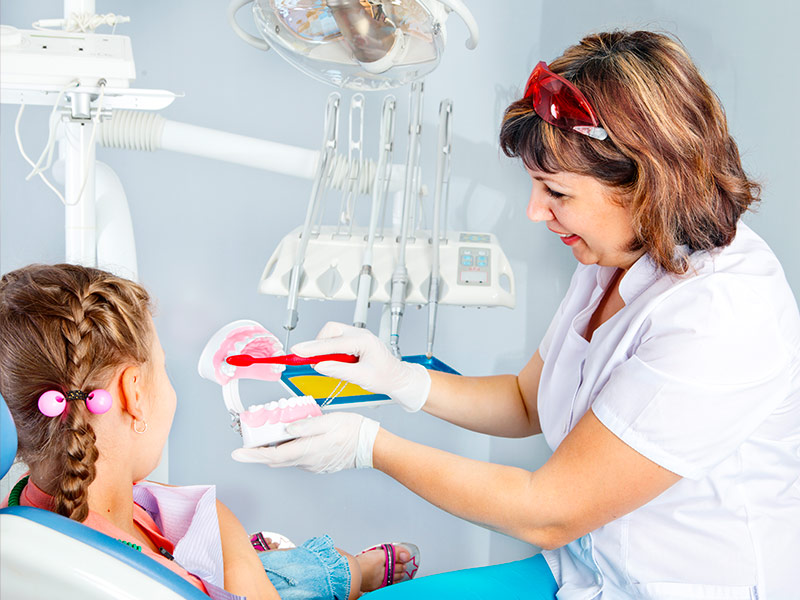Ensuring your child’s dental health goes beyond routine check-ups; it involves proactive steps to address potential orthodontic issues.
At Upbeat Pediatric Dentistry, we understand the significance of early orthodontic evaluation, and we’re excited to share insights on how Invisalign, a revolutionary clear aligner system, can be a game-changer in your child’s smile journey.
Why Early Orthodontic Evaluation Matters
Detecting Issues Early: Early orthodontic evaluation allows our experienced team to identify and address any developing orthodontic issues in their initial stages. This proactive approach can prevent more significant problems from arising later in your child’s development.
Guiding Jaw Growth: The jaw is a dynamic structure that continues to grow throughout childhood. Early evaluation enables us to monitor and guide the growth of the jaw, ensuring that it develops in a way that promotes proper alignment and function.
Addressing Bite Irregularities: Bite irregularities, such as overbites, underbites, and crossbites, can impact oral health and function. Early assessment allows us to intervene and correct these issues, preventing potential discomfort and complications.
Preventing Speech Issues: Orthodontic problems can contribute to speech impediments. Addressing these concerns early can support your child’s speech development, ensuring clear and effective communication.
Promoting Proper Oral Hygiene: Misaligned teeth can make it challenging to maintain proper oral hygiene. Early intervention helps align the teeth, making it easier for your child to brush and floss effectively, reducing the risk of cavities and gum disease.
Understanding Invisalign
Invisalign represents a breakthrough in orthodontic care, offering a clear and discreet alternative to traditional braces. These clear plastic aligners are custom-designed to gently shift teeth into their correct positions, addressing issues like crowding, crookedness, and malocclusion.
What sets Invisalign apart is its nearly invisible nature, allowing your child to undergo orthodontic treatment with confidence and comfort.
Why Choose Invisalign for Your Child?
Invisibility and Comfort: Invisalign aligners are virtually invisible, providing a seamless and discreet orthodontic experience. This is particularly beneficial for children who may be conscious of the appearance of traditional braces. The aligners are also smooth and comfortable, minimizing irritation to the gums and cheeks commonly associated with metal braces.
Ease of Maintenance: Unlike traditional braces that can pose challenges in maintaining oral hygiene, Invisalign aligners are removable. This makes it easy for your child to brush and floss effectively, reducing the risk of cavities and gum issues during treatment.
Ideal for Various Orthodontic Issues: Invisalign is effective in addressing a range of orthodontic issues, including crowded teeth, spacing issues, overbites, underbites, and crossbites. The treatment is personalized to meet your child’s specific needs, ensuring targeted and efficient results.
Who Benefits from Invisalign Treatment?
Invisalign is a versatile orthodontic solution suitable for teens and adults. The aligners are designed to be worn for the majority of the day, allowing for flexibility in daily activities. Teens, in particular, find Invisalign appealing as it eliminates the need for conspicuous metal braces, offering a discreet way to achieve a beautiful smile.
The Invisalign Treatment Process
Consultation and Examination: The journey begins with a thorough examination and consultation at our office. We assess your child’s dental structure and discuss the potential benefits of Invisalign.
Customized Treatment Plan: Invisalign treatment involves creating a series of custom aligners tailored to your child’s unique dental needs. These aligners are replaced every few weeks to gradually shift the teeth into the desired positions.
Regular Monitoring and Adjustments: Your child will visit our office regularly for monitoring and adjustments. These appointments ensure that the treatment is progressing as planned, and new aligners are provided to continue the transformative process.
Nurturing Smiles with Invisalign at Upbeat Pediatric Dentistry
At Upbeat Pediatric Dentistry, we prioritize the early evaluation of orthodontic issues to set the foundation for a lifetime of healthy smiles. In embracing Invisalign, we offer a modern and patient-friendly approach to orthodontic care, ensuring that your child’s journey to a straighter and healthier smile is as comfortable and stress-free as possible.
If you’re curious about how Invisalign can benefit your child or have questions about early orthodontic evaluation, we invite you to contact us today. Our dedicated team is here to guide you through the process and provide the best possible care for your child’s dental health. Let’s embark on the path to a confident and radiant smile together!





